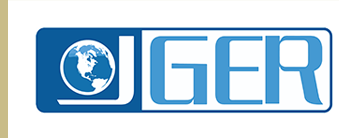Abstract
Among all the sectors, the hospitality and tourism sector has been detrimentally affected by the impact of the COVID-19 pandemic. This research aimed to determine how changes have been experienced specifically in the Turkish tourism higher education and tourism sector. Twenty-seven academics from the hospitality and tourism education departments were interviewed. Most agreed that restrictions have limited student access to hands-on practical courses and internships, which are crucial to developing necessary competencies. Moreover, the results showed the curriculum does not always meet the needs of the hospitality industry for a trained and skilled workforce. The challenge is to decide what else should be taught and what methods and teaching approaches should be used. As a result, industry-academia cooperation is necessary to reassess the curriculum programs to meet sector needs considering the pandemic impacts.
Keywords
COVID-19, curriculum, tourism higher education, Turkiye
ORCID Identifiers
Ayse Collins: https://orcid.org/0000-0001-7312-810X
Ayse Selin Dulger: https://orcid.org/0000-0001-8897-013X
Muharrem Tuna: https://orcid.org/0000-0001-5526-7122
Muzaffer Uysal: https://orcid.org/0000-0003-1970-932X
DOI
10.5038/2577-509X.8.1.1296
Recommended Citation
Collins, A., Dulger, A. S., Tuna, M., & Uysal, M. (2024). What hospitality and tourism higher educators learned from COVID-19: A case of Turkiye. Journal of Global Education and Research, 8(1), 49-67. https://www.doi.org/10.5038/2577-509X.8.1.1296
Creative Commons License

This work is licensed under a Creative Commons Attribution-Noncommercial 4.0 License
Included in
Education Commons, Hospitality Administration and Management Commons, Tourism and Travel Commons


